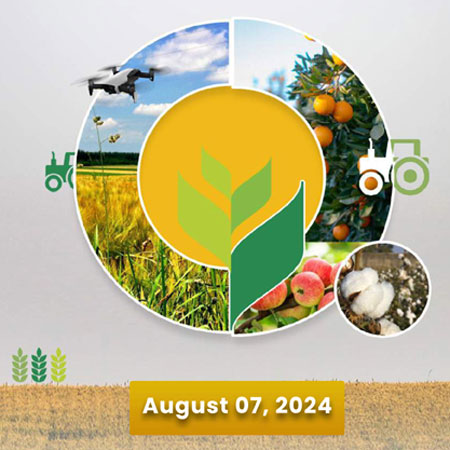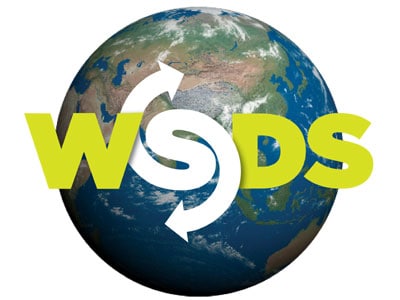

UNCTAD’s recently released Least Developed Countries Report 2024 highlights that 45 least developed countries (LDCs) could leverage carbon market projects to boost climate action, offsetting emissions for buyers at better rates to attract more investment.
Although LDCs were early adopters in carbon markets—where carbon credits are traded—they face unique challenges due to smaller economies and limited foreign investment access.
Geographic and Financing Limitations
UNCTAD reports that six LDCs represent over 75% of all voluntary market carbon credits and 80% under the Clean Development Mechanism (CDM). This mechanism enables countries to fund emissions-reducing projects in other nations and apply the reductions toward their international targets. LDCs’ participation, however, remains limited to 1.5% of global CDM projects, underscoring the need for broader inclusion.
In 2023, carbon credits from the poorest countries were valued at around $403 million—far short of the $1 trillion annual investment needed to achieve Sustainable Development Goals by 2030. This points to a need for stronger frameworks to make carbon markets a feasible funding source.
Abundant Opportunities
UNCTAD identified forestry and agriculture—land-based sectors where LDCs have untapped potential—as prime areas for carbon credit generation. Emissions reductions from these sectors could equal approximately 70% of emissions from the global aviation industry in 2019, or about 2% of global emissions.
However, realizing this potential requires viable carbon pricing and project accessibility. A rate of $100 per ton is essential to make these projects profitable. Presently, LDCs use only 2% of their land-based mitigation potential, and without higher carbon prices, up to 97% could remain untapped by 2050.
Forging a Path Forward
UNCTAD’s report advocates targeted actions to help LDCs fully benefit from carbon markets. It calls for stronger domestic regulatory frameworks, with enhanced monitoring and reporting systems to ensure that local communities benefit from carbon projects.
The report also emphasizes expanded international partnerships. Regional and South-South cooperation could reduce costs and improve LDCs’ carbon market positioning.
Capacity-building is crucial, with UNCTAD urging development partners to offer resources that enable LDCs to align carbon market projects with their broader economic goals.
These strategies could help LDCs unlock significant climate potential, advancing both economic and climate objectives, according to UNCTAD.











